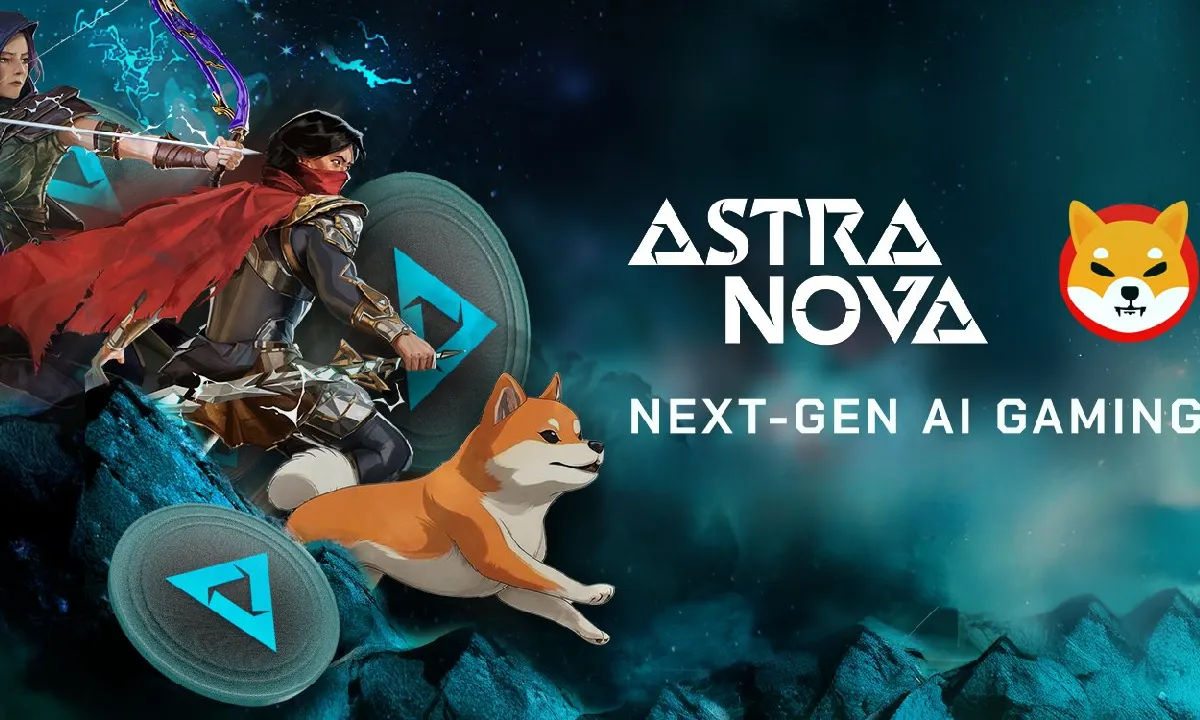3 Key Takeaways
- $10.6 million in RVV tokens was reportedly sold by 18 wallets hours after launch, raising red flags.
- Presale investors claim Astra Nova changed vesting terms without notice, delaying token access.
- Developers deny wrongdoing, blaming a “market maker hack,” but community analysts remain unconvinced.
A Rough Start for RVV’s Market Debut
Astra Nova’s much-anticipated RVV token launch on October 18 was supposed to mark a milestone for one of Web3 gaming’s rising studios. Instead, it ignited controversy. Within hours of going live, the project was accused of suspicious token activity, altered vesting schedules, and delayed claims, leading many in the crypto community to suspect a potential rug pull.
The token debuted across multiple exchanges, including Binance Alpha and Binance Futures, with initial excitement driving strong early volume. But soon after, blockchain analysts and community members began raising alarms over large-scale sell-offs that seemed anything but organic.
Suspicious Wallet Activity Raises Red Flags
According to multiple on-chain tracking reports, 18 wallets associated with Astra Nova’s RVV token collectively sold about 890 million RVV, worth approximately $10.66 million, mere hours after the token’s debut. Blockchain data suggests that the assets were swiftly converted into USDT, with about 8.4 million USDT transferred to major exchanges Gate.io and KuCoin.
Astra Nova responded to the uproar by claiming that a market maker hack was responsible for the transactions. But analysts weren’t convinced.
Blockchain researcher EmberCN publicly questioned the explanation, noting that genuine hackers typically avoid converting stolen assets into stablecoins, since those funds can be frozen by issuers like Tether. “It doesn’t add up,” EmberCN wrote, pointing out that $2 million worth of RVV remains untouched in the wallet linked to the alleged hack.
Questions Around Token Minting and Distribution
The controversy didn’t end there. On-chain investigator Specter later published findings that appeared to tie Astra Nova’s internal wallets to irregular minting behavior. His analysis showed that 10 billion RVV tokens were minted days before the official token generation event (TGE) and distributed across 13 wallets.
These wallets reportedly sold tokens during the launch window, contributing to the price volatility and fueling accusations that Astra Nova may have orchestrated its own sell-off.
Meanwhile, presale investors were left frustrated. Many reported being unable to claim their tokens at the time of launch, while others discovered that Astra Nova had quietly modified its vesting schedule—reducing the initial unlock and adding a new cliff period.
The lack of communication amplified tensions within the project’s community, with some investors alleging that the team had acted without transparency or accountability.
Player Discontent and In-Game Issues
Adding to the turmoil, Astra Nova’s gaming community began reporting technical issues and in-game bugs that hindered the player experience. Some players alleged that features promised during the project’s early marketing—such as NFT integrations and play-to-earn mechanics—were either missing or not functioning as advertised.
While the studio has since announced plans to roll out patches and restore player confidence, the timing of these issues—coinciding with the token’s rocky launch—has done little to calm investor nerves.
Astra Nova’s Attempt at Damage Control
In response to the backlash, Astra Nova’s team issued a series of statements across social media and Discord channels asserting that the project remains solvent and secure. Developers emphasized their commitment to compensating affected investors and outlined steps to “strengthen operational transparency.”
Despite these assurances, trust in Astra Nova’s leadership remains fragile. Community members are demanding an independent audit of RVV’s token minting and wallet activity before they’ll consider reinvesting or engaging with the platform again.
Also read :Leslie Benzies Blames “Saboteurs” for MindsEye’s Failure as Staff Cite Mismanagement and Chaos
A Growing Divide Between Developer and Community
The fallout from Astra Nova’s RVV controversy underscores a broader challenge facing Web3 gaming startups: balancing decentralized ideals with the need for transparency and investor protection.
Whether Astra Nova can recover from this episode will depend on its ability to rebuild trust through verified audits, consistent communication, and meaningful in-game improvements.
Until then, RVV’s launch serves as a reminder that even promising Web3 projects can stumble when transparency and timing fall short of expectation.
Disclaimer: The information in this article is for general purposes only and does not constitute financial advice. The author’s views are personal and may not reflect the views of GameDegen.com. Before making any investment decisions, you should always conduct your own research. GameDegen.com is not responsible for any financial losses.




